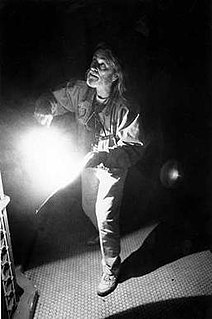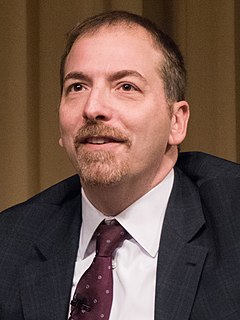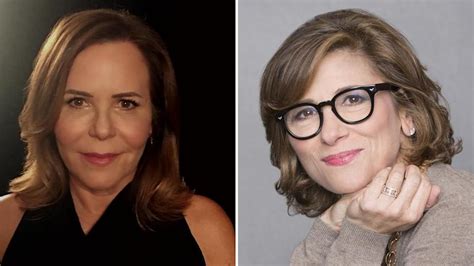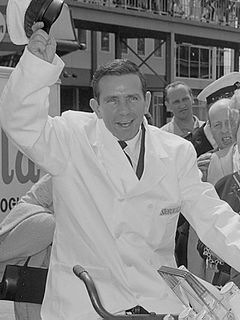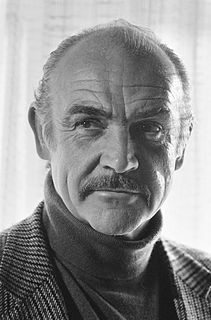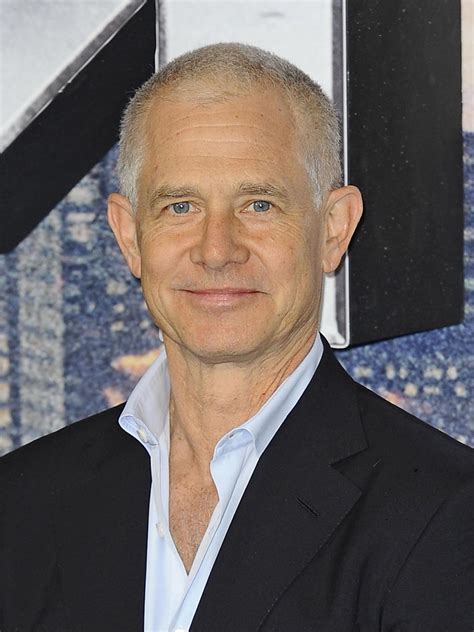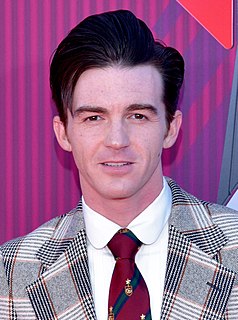A Quote by Graham Moore
If you're going to make a film, and you're going to have dialogue, and you want to take the characters seriously, let's understand what they're saying. If there is going to be technical dialogue, let's render it in a way that the audience can understand it and expect that it's not going to be so far over their heads.
Related Quotes
You know, this dialogue is only helpful when we come, both of us, to a point where we realize that no dialogue is possible, that no dialogue is necessary. When I say understanding or seeing, they mean something different to me. Understanding is a state of being where the question isn't there any more. There is nothing there that says, "Now I understand!" That's the basic difficulty between us. By understanding what I am saying, you are not going to get anywhere.
I came to understand and observe that we're all going to face obstacles. We're going to have challenges. We're going to fail. We're going to have success. But all of it is going to ultimately be character-building. And it's not going to deter us from wanting to achieve, to strive, and be successful.
My own view of this, by the way, is, if the war on terrorism is successful over time, in its own way it's going to box Saddam in in a way that's going to make it much more difficult for him to maintain his power, and that he's going to become increasingly isolated. I think that's going to take time.
If I've got a problem with one of my clients that needs to get solved, guess what I'm going to do? I'm going to call them up, and I'm going to say, 'Hey, here's what's going on. This is the situation. This thing went sideways. I didn't expect it. Now it's going to take me some more time to get you what you need.' But I'm going to do that upfront.
Another way of working is setting deliberate constraints that aren't musical ones - like saying, "Well, this piece is going to be three minutes and nineteen seconds long and it's going to have changes here, here and here, and there's going to be a convolution of events here, and there's going to be a very fast rhythm here with a very slow moving part over the top of it." Those are the sort of visual ideas that I can draw out on graph paper. I've done a lot of film music this way.
I can understand that an audience, buying a ticket to see a picture of mine, wants to see something funny because they feel confident that at least I have a fighting chance to make a funny film when I make a film, whereas if I make a dramatic film there's one chance in a thousand that it's really going to come out great, so I understand how they feel about that and they're completely right.
I think you do have to attend to the sort of core values of film, which is that the audience wants to have a relationship with the characters, they want to understand what's going on there. There are certain things that comics can have a little bit more freedom in then when you're asking an audience to engage in it as a piece of cinema, but I do feel like the canvas is much bigger and wider and that we're being invited and frankly challenged to take risks, to be a little bit different. And that's fun, that's exciting.

